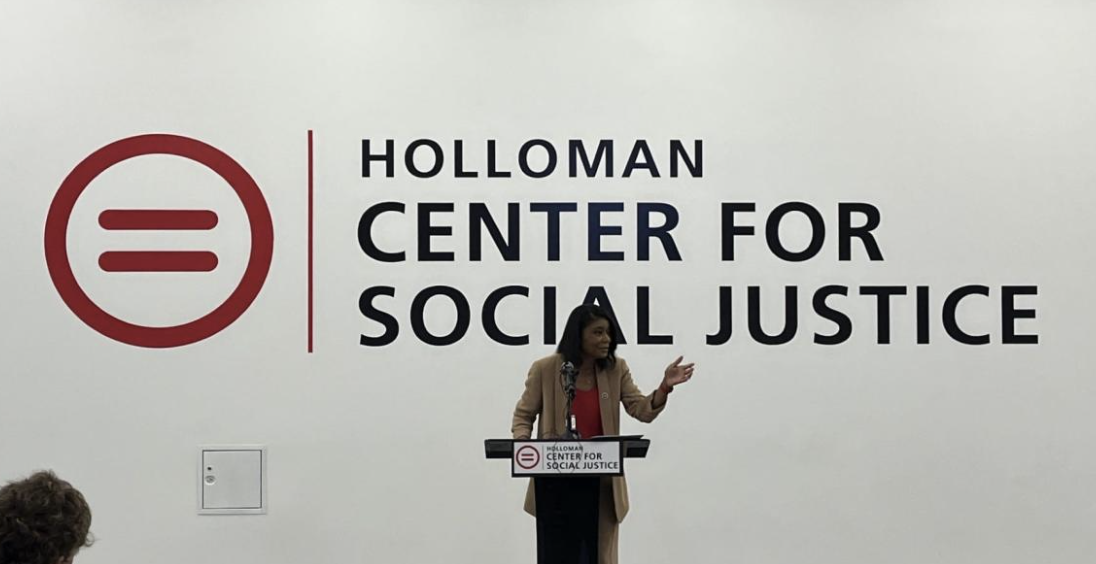Urban League Releases State of Black Cincinnati Report, Summarizing a Decade of Research

Cincinnati has seen big wins in its pursuit for equity over the last decade. But the city still has much further to go, according to a newly released report from the Urban League of Greater Southwestern Ohio (Cincinnati, OH).
The nonprofit held a press conference with city leaders Juneteenth morning to go over its findings from "The State of Black Cincinnati: Journey to Parity," an update to a similar report conducted in 2015 that evaluated inclusivity and equity among the city's economics, employment, COVID-19 outcomes, health, education, housing, criminal justice and civic engagement. The data-driven work paints a picture of how things stand for Black Cincinnatians, and includes guidance on action steps to make the city better.
"We need all of us working collaboratively because this work is so tough, it is so hard. And by the very definition of it being generational poverty, it's going to take generations to disrupt it," said Christie Kuhns, president and CEO of the Urban League.
Here are some key takeaways from the report:
Median household income for Black families lags
Cincinnati needs to address significant economic disparities by providing economic support and financial opportunities to Black residents. In 2021, the median household income for Black families was $31,520, while the median household income for white families was $70,909.
Black incarceration rates high and increasing
Black incarceration rates are exceptionally high and have been climbing in recent decades. Black youth made up 56% of the Department of Youth Services' juvenile population in 2018, and Black incarceration rates in Ohio have increased by 125% since 1978.
More Blacks see Cincinnati as inclusive
In a survey, more than half of Black respondents said they viewed Cincinnati as inclusive, compared to 39% of respondents in 2015.
To read the full story, click here.

